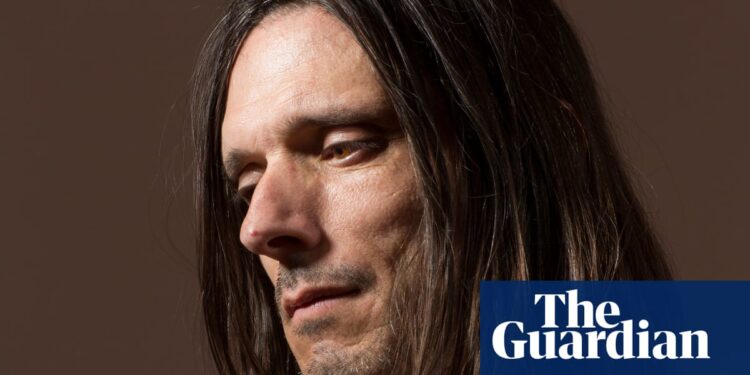The culture war has made artists wary of discussing the Israel-Palestine conflict, according to Jeremy Deller, who has donated work to a charity auction to support Médecins Sans Frontières (MSF).
Deller is one of more than 260 artists, including Yinka Shonibare, Wolfgang Tillmans, Mark Wallinger, Mona Hatoum, Sir John Akomfrah, Jesse Darling and Dame Sonia Boyce, who have contributed work that will be sold at the exhibition and auction, which is in aid of the medical charity’s work in Palestine.
“You have to be careful, because it is politicised and it shouldn’t be,” Deller said when asked if he thought artists feared repercussions. “It’s become part of the war … the culture war and the war itself have run concurrently. I think that’s maybe made some people a bit fearful, wary.”
More than 300 works will be up for sale in an online auction that begins on 18 November and runs until 1 December. An exhibition of the work will be held at 14 Wharf Road in north London.
Rana Begum, one of several Royal Academy alumni who organised the auction, said the event served a double purpose: a way for artists to raise funds and also a “safe space” for them to discuss the conflict.
“It just hasn’t been easy for people to talk, to be able to have a dialog, even to understand, even to learn. People are so afraid of doing or saying anything,” she said. “I think what this auction is doing, and something far beyond raising money, is also giving a space for voices, for diverse voices.”
Earlier in the year the Fossil Free Books campaign successfully pressed several book festivals to sever ties with the investment firm Baillie Gifford because of its investments in fossil fuel companies and Israeli state-owned arms manufacturers. After that move, some argued that “art should not be political” and that “art should be for art’s sake”.
Deller said: “‘Art for art’s sake’ is a meaningless term. It’s like saying writing should be for writing’s sake, or film-making for film-making’s sake. It doesn’t work like that. You can’t unless you have an exalted position as an artist where you can just make abstract work and get paid handsomely for it. You know, there are people like that. But on the whole that’s not how it works. I studied art history, it’s never worked like that.”
While Deller dismissed the art for art’s sake argument, he also said art did not have to be political and that it was a mistake to expect artists to offer solutions.
“I don’t think we should look to artists for answers. Artists shouldn’t expect artists to solve the problems of the world, because they tried it. It hasn’t worked,” he said.
“Often very rich, powerful people think artists can solve the world’s ills. We can raise money for charities … Live Aid, basically. That’s the most practical, immediate thing that we can do and that’s what this exhibition and auction is.”
Dr Natalie Roberts, the executive director of MSF UK, said the organisation was deeply moved by and grateful for the generosity of this collective of artists who had supported its work.
She said: “Their creativity and commitment are a testament to the power of art to inspire compassion and solidarity. These funds will have a direct impact on our ability to provide immediate life-saving medical care to some of the most marginalised people in society.”







